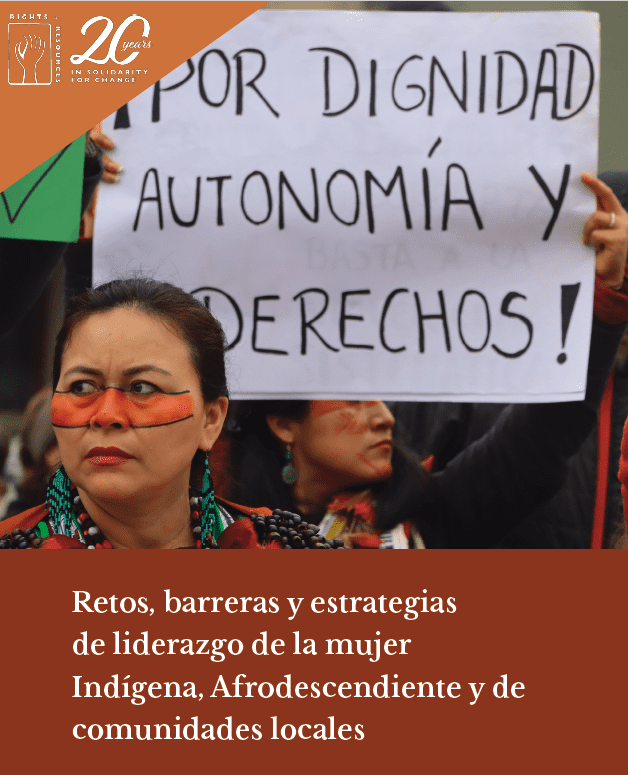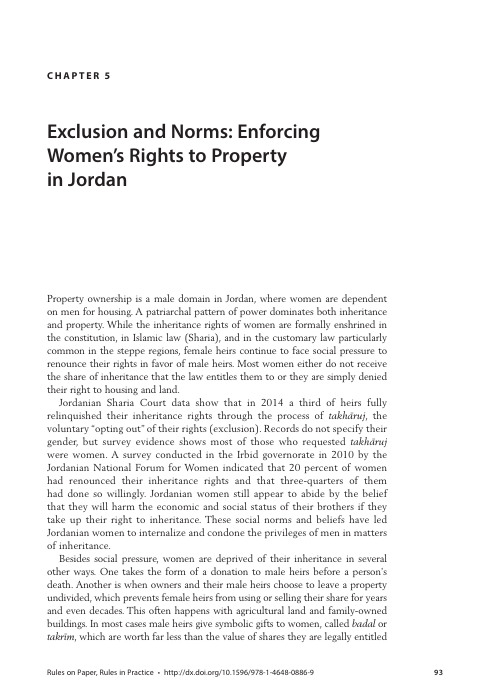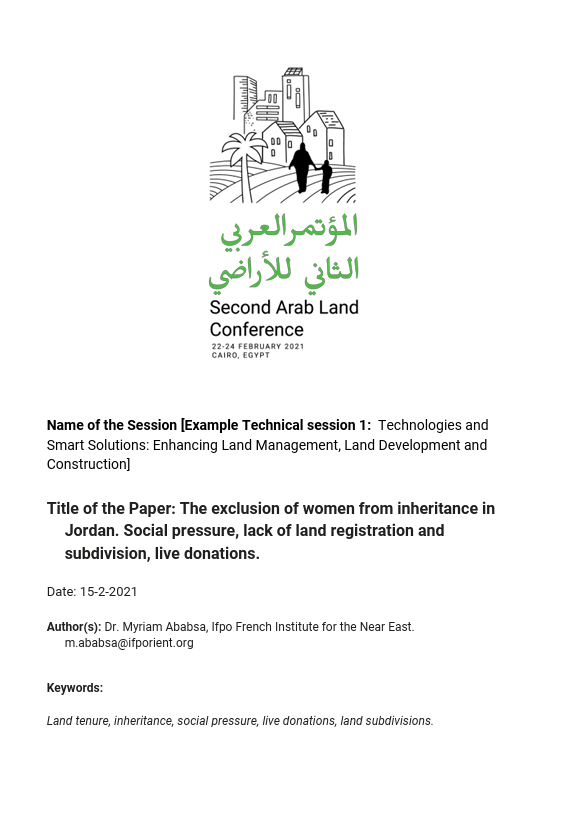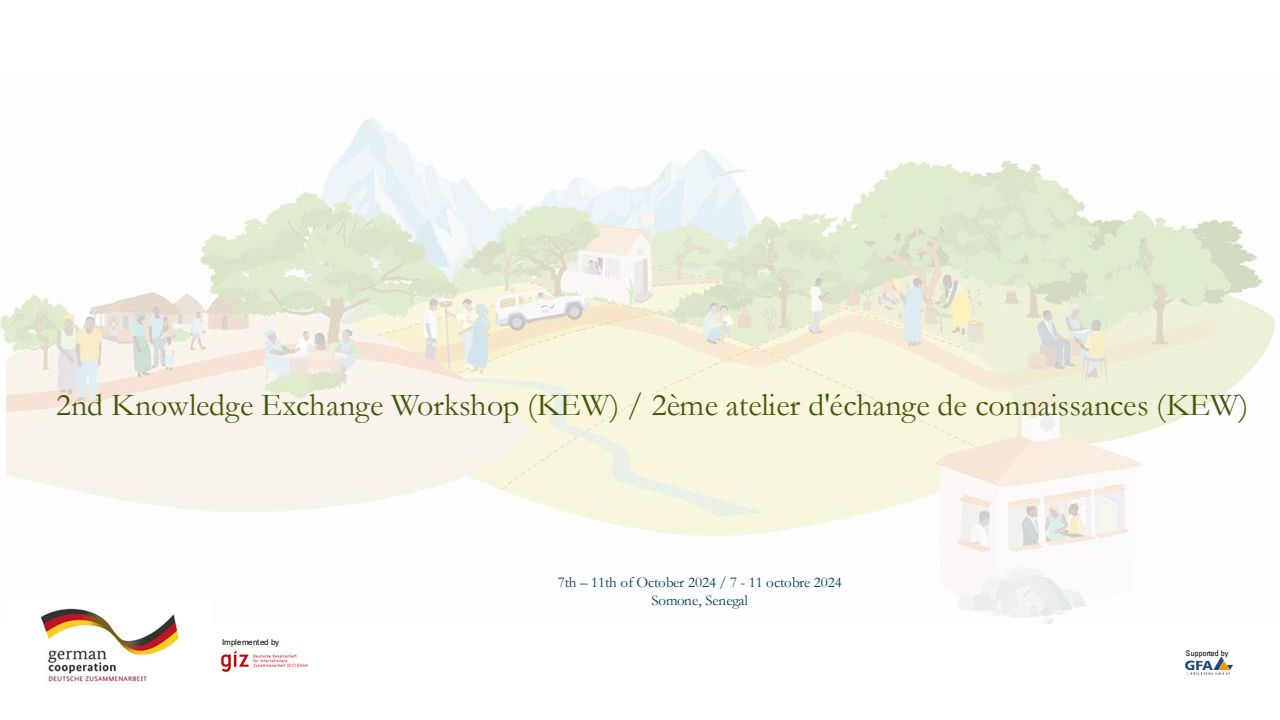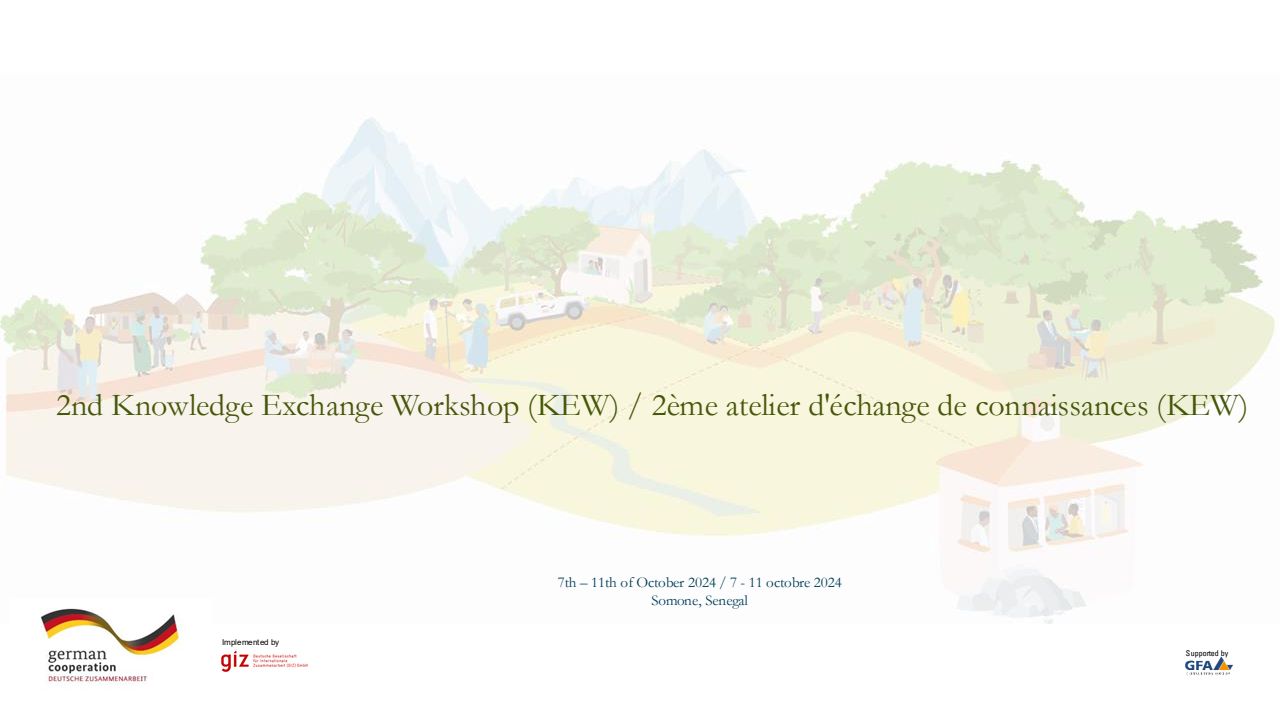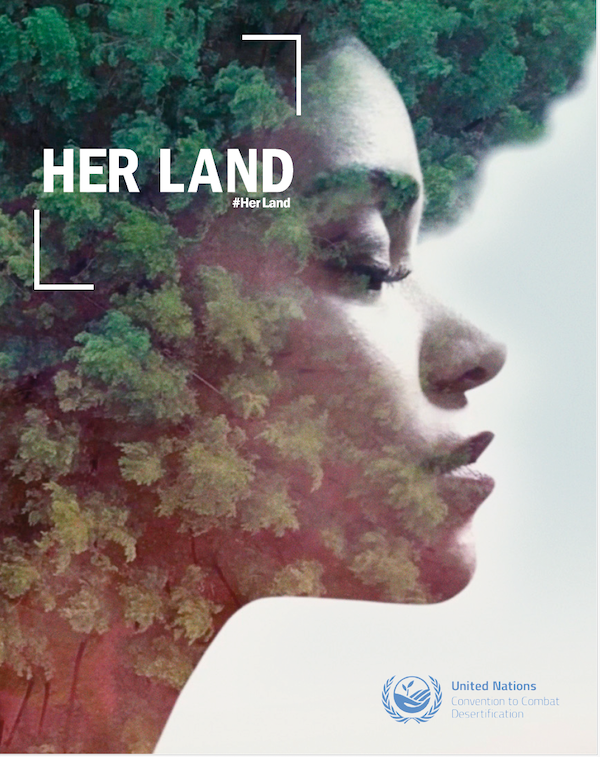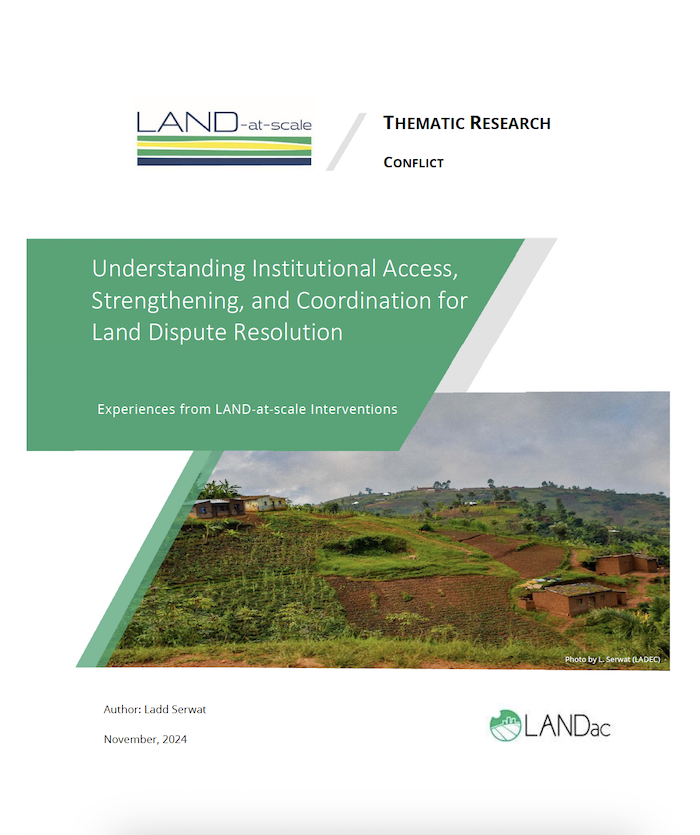Retos, barreras y estrategias de liderazgo de la mujer Indígena, Afrodescendiente y de comunidades locales
Tras décadas de lucha, algunas mujeres de PI, PAD y de CL de Latinoamérica han alcanzado condiciones de igualdad y equidad en sus derechos, y han logrado que las organizaciones a las que pertenecen superen la violencia y/o la discriminación de género. Sin embargo, para muchas otras mujeres, estas barreras aún persisten.

